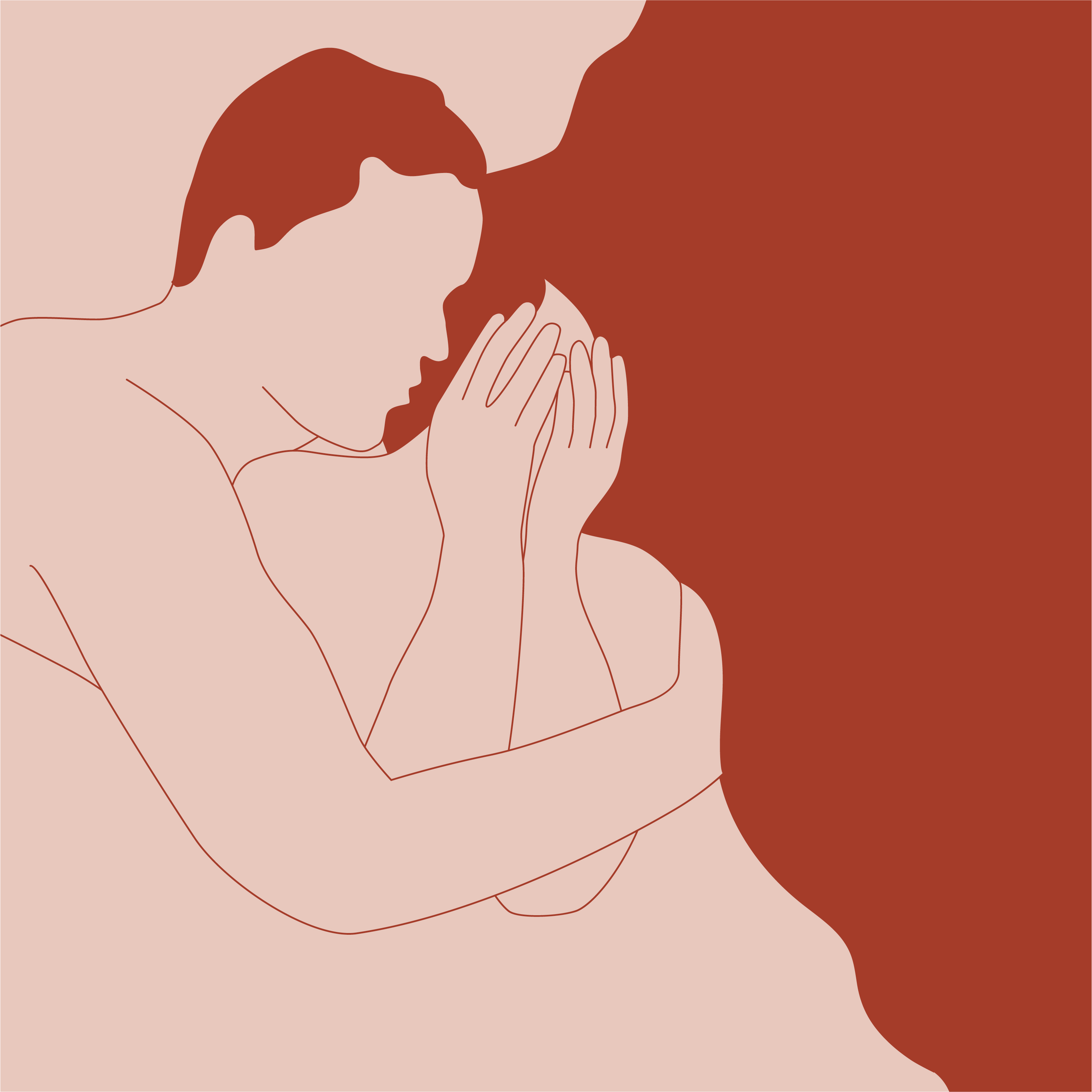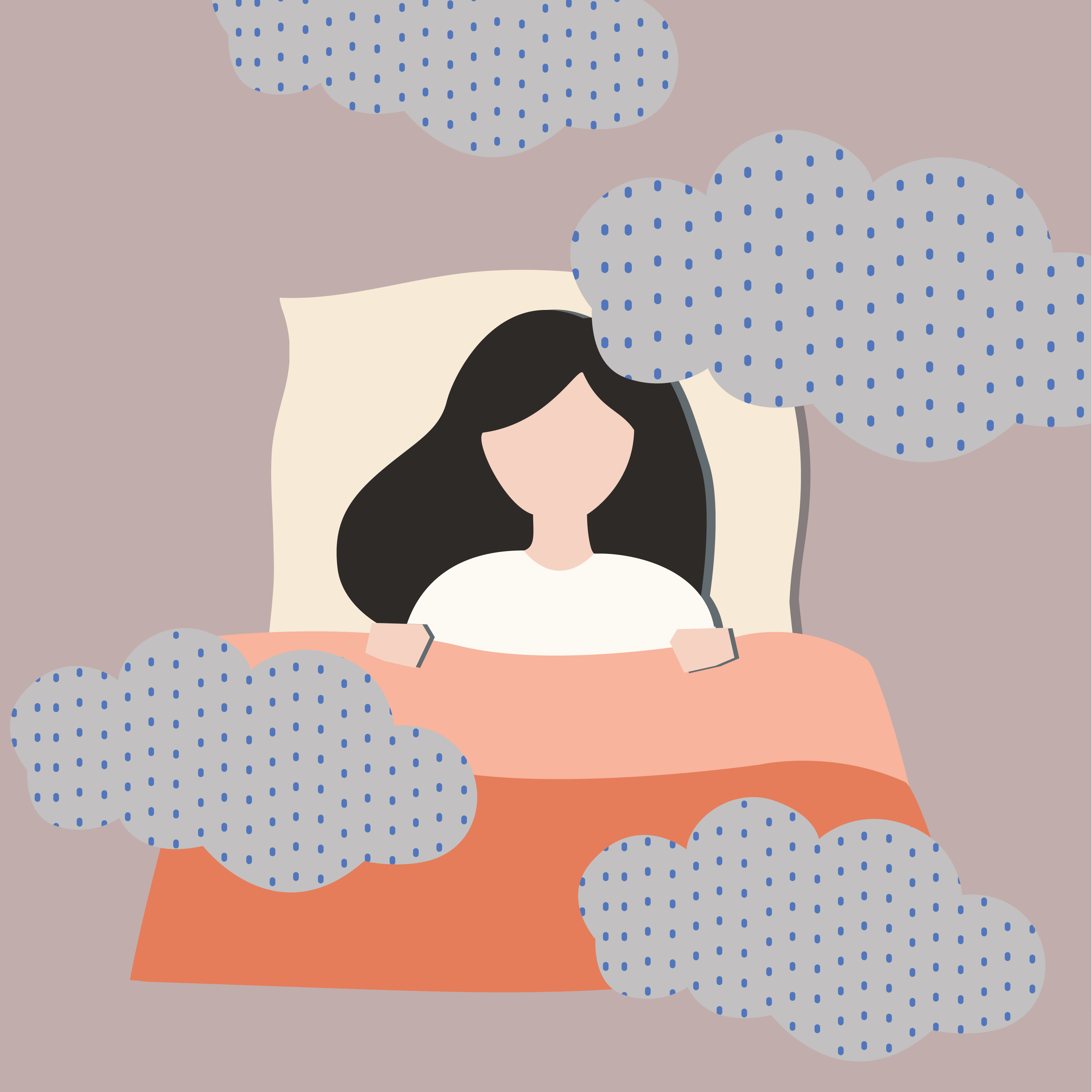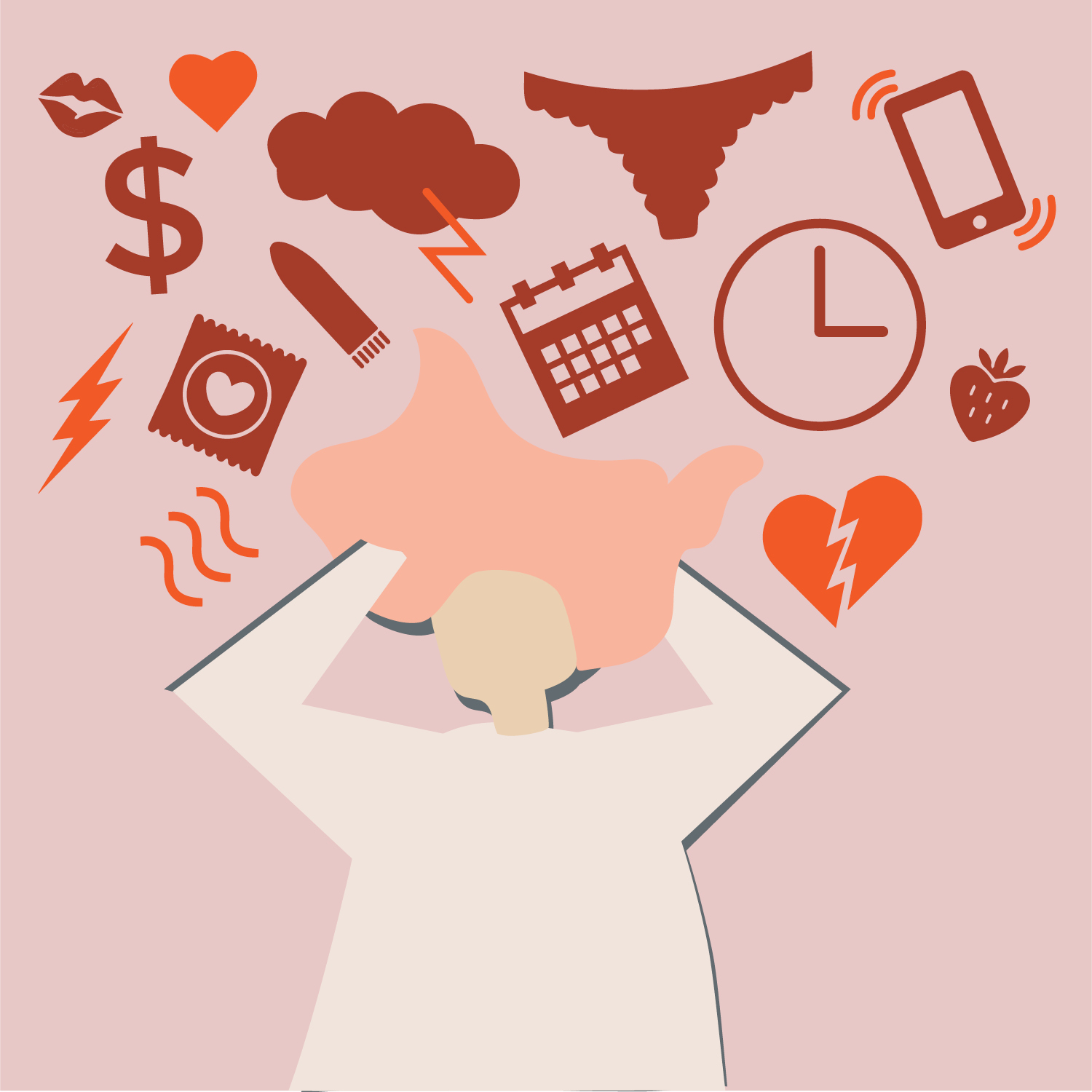Jun 29, 2022
THE INS AND OUTS OF ORGASMS
Clitoral orgasms, blended orgasms, the G-spot and the phenomenon of squirting… There’s a whole lot to know about the world of orgasming. Yet, for many people, the orgasm remains mysterious and elusive — a form of pleasure impossible to attain, at least consistently.
Sex coach and expert on full-body joy, Georgia Grace, joins us to talk about orgasms and how to have one. Below, she covers the many types of orgasms, how to let go and prioritise our pleasure, and the surprising health benefits that come with climaxing.
On the orgasm
Orgasms might seem mystical, but they are essentially just a peak moment of pleasure following stimulation. To get a little more technical, an orgasm is a reflex that occurs after the build up and release of sexual tension in the body. Most familiar to us might be the genital orgasm, which occurs either through ejaculation of a penis or through vaginal or clitoral stimulation. But orgasms are complex, and there’s a whole spectrum of arousal and pleasure that goes beyond the genital orgasm.
For some of us, orgasms can be elicited through stimulation of the mind. When we masturbate, for instance, it’s common to fantasise about a person, a scenario or something else that turns us on. As we fantasise, we feel arousal build, our pleasure is heightened, and we orgasm. The orgasm inventory doesn’t stop there either! When more than one erogenous zone is stimulated at the same time, such as your nipples and neck, or your genitals and inner thighs, you might experience what we call a blended orgasm.
People can also experience multiple orgasms, when one (or more) orgasms occur after another. There are internal ways to stimulate and external ways to stimulate, and there are full body orgasms and breath orgasms (nonsexual orgasms experienced through meditative practices). The list goes on.
On orgasms for those with vulvas and vaginas
Let’s get this out of the way: the orgasm gap is real and, for vulva-owners, achieving orgasm can be incredibly elusive.
The reason for this orgasm gap largely comes down to the way we understand sex. Society still defines sex as penetration, meaning a penis going into a vagina, and (no surprises) this view fails to consider that, for the majority of people with vulvas, clitoral stimulation is needed to climax. Sexual scripts, limited sex education and, in some cases, emotional or psychological blockages that we might place on ourselves can also all get in the way of orgasm.
Despite the apparent mystery of the vaginal or clitoral orgasm, reaching pleasure is something everybody can learn to do. Like most good things, it might just take some time, patience and practice.
On mastering the art of the orgasm
No two bodies work the same, which means there is no one-size-fits-all approach when it comes to pleasure. That said, there are some straightforward ways to let go of our inhibitions and take control of our sexual pleasure.
- Understand your body
If you’re finding the orgasm elusive, the best place to start is with your own body. Teach yourself the sex education basics you might have missed out on in school: the body, sex and orgasms. Explore how to masturbate, where to touch your body, how to move your body for heightened pleasure and even how to breathe (this is where coaching can be useful). Embodied counselling, which can help you work through any shame, fear around pleasure or sexual confidence struggles, can also empower you with the skills to unlock your orgasm potential.
- Explore your body
Once you’ve done the anatomy education, the coaching and gained those embodied counselling skills, it’s time to turn to masturbation (remembering this will look different for everyone). It might start with body mapping — that’s mapping out pleasure and sensations that feel good for you — and identifying where your clitoris, labia and other feel-good zones are. You might enjoy the practice of edging, an orgasm control technique that involves stopping stimulation just as you peak. It’s a useful technique to learn if you find the pre-orgasm feeling too intense and are frequently preventing yourself from climaxing. Orgasms are all about letting go, so edging can help you feel more comfortable letting the arousal build and then finding that release!
- Be your own pleasure advocate
Sometimes, teamwork will come into play. Make sure to tell your partner what works for you, and remember that pleasure should be equitable. It’s possible to do all the above with a significant other, whether that’s body mapping, exploring what feels good or simply experimenting. Lube should be a given, but bringing in sex toys can also be a powerful tool when it comes to orgasming. In fact, integrating toys into partnered sex is normal and healthy, and can help keep things exciting in the bedroom.
On the power of orgasm as pain relief
There’s no question that orgasms, whether reached through masturbation or intercourse, feel good. But they can do a lot more for our bodies. For those of us who may experience bad period cramps, orgasming can be one of the most effective forms of pain relief! During an orgasm, our bodies release feel-good neurochemicals which can provide immediate relief from pain or stress, and can generally boost our wellbeing.
It's important, though, not to get too wrapped up in the benefits of orgasming. Pleasure doesn’t always need to be about efficiency, relieving stress or even getting closer to our partners. We can orgasm for ourselves, simply because it feels good and our bodies deserve to feel that pleasure!
THE INS AND OUTS OF ORGASMS
Blogs

EXPLORING PERIOD CARE IN CULTURES AROUND THE WORLD
Our TOM Talks panelist Sabina McKenna explores how different cultures around the world approach period care.

STOP APOLOGISING FOR HAVING YOUR PERIOD
Our TOM Talks panelist Mel Mason talks about the importance of not apologising for having your period.

STRESSED? NOT SLEEPING? TRYING TO CONCEIVE?
TOM Talk's panelist Georgia Hartmann discussed the links between stress, sleep and fertility.

STRESS AND HOW IT AFFECTS YOUR SEX DRIVE
Certified sex coach Georgia Grace is here to unpack the link between stress and sex.
Products